Picture this: Apple TV+ already streams Friday Night Baseball to millions of subscribers, and now the company is positioned to potentially double down on America's pastime. ESPN and Major League Baseball have decided to end their partnership after the 2025 season, mutually agreeing to terminate their broadcast contract that was worth $550 million annually. This seismic shift opens the door for Apple to expand far beyond its current Friday Night Baseball offering that started in 2022 under an $85 million annual deal—and Sunday Night Baseball could be the perfect weekend complement.
Apple's existing baseball foundation runs deeper than you think
Here's what makes Apple a serious contender: they're not starting from scratch, and their execution has been nothing short of impressive. Apple TV+ already features Friday Night Baseball, showcasing two games every Friday, free from interruptions, available to fans in 60 countries and regions with no local broadcast restrictions. But it's the production quality that really sets Apple apart from traditional broadcasts.
The technology platform Apple has built is genuinely cutting-edge. Each game features state-of-the-art cameras to present vivid live-action shots, along with immersive sound in 5.1 with Spatial Audio enabled. Apple utilizes drone cameras for beautiful aerial stadium shots, as well as player mics and field-level mics to immerse fans in the gameplay and stadium atmosphere. This isn't just about better picture quality—it's about creating an entirely different viewing experience.
The talent Apple has assembled is equally impressive. They've built an exceptional group of broadcast talent in the announcer booths, including Wayne Randazzo (play-by-play), Dontrelle Willis (analyst), and Heidi Watney (sideline reporter). Even their rules analysis is top-tier: Ted Barrett, Brian Gorman, and Dale Scott — all former MLB umpires — break down rules and calls each week.
Plus, Apple introduced a dedicated Apple Sports app in 2024, which offers live scores and statistics for multiple sports, including MLB. This ecosystem approach—where the game broadcast connects seamlessly with real-time stats and follow-up content—demonstrates Apple's long-term vision for sports entertainment.
Why Sunday Night Baseball creates the perfect weekend sports strategy
The strategic logic behind Apple's potential Sunday expansion becomes compelling when you consider weekend viewing patterns and subscriber retention. Currently, Apple is said to be the leading candidate to acquire additional streaming rights that were previously owned by ESPN, and Apple's proposal is rumored to be significantly greater than ESPN's previous commitment.
What makes this particularly smart is how Sunday Night Baseball would create appointment television bookends for the weekend. Friday kicks off the weekend with Apple's already-proven format, and Sunday provides the perfect capstone before Monday's return to work. This isn't just about acquiring more content—it's about creating a weekend sports destination that keeps subscribers engaged twice weekly during baseball season.
Apple has already proven it can execute beyond baseball with impressive results. Apple also launched the MLS Season Pass in 2023, establishing the Apple TV app as the primary hub for all MLS-related content. The MLS deal demonstrated Apple's ability to handle comprehensive sports coverage, including all the technical and logistical challenges of live sports streaming across multiple time zones and markets.
The scope of Apple's sports ambitions extends well beyond these current deals. The company has expressed interest in obtaining streaming rights for Formula 1, FIFA events, and even NFL content for its Apple Vision Pro. Sunday Night Baseball would represent a crucial building block in what appears to be a comprehensive sports streaming strategy designed to challenge traditional sports broadcasting.
The competitive landscape reveals rising stakes and strong demand
Apple faces serious competition, but the market dynamics work in their favor. MLB Commissioner Rob Manfred announced that NBC, Apple, and ESPN are competing for the league's "Sunday Night Baseball" broadcast rights, with Manfred intending to select a winner within the month, noting that the rights could be divided between two bidders. This competitive environment actually validates the value of what Apple is pursuing.
Here's what's particularly interesting about the current market: baseball viewership is actually growing. Ratings for ESPN's MLB games are up 6% from last season, averaging 1.71 million viewers per game—the highest average audience at the All-Star break in eight years. This demonstrates genuine audience appetite for premium baseball content, making the rights more valuable but also validating Apple's strategic bet on live sports.
The reemergence of ESPN as a bidder adds another layer of intrigue to the competition. The reemergence of ESPN as a potential home for "Sunday Night Baseball" is both surprising and not surprising. It's surprising given Manfred's blunt comments after ESPN chose not to pay an average of $550 million a year for the last three years of the rights. ESPN's return to the bidding table suggests the value proposition has changed—either in price expectations or strategic importance.
What this means for Apple's streaming future and the broader media landscape
Bottom line: Apple's potential Sunday Night Baseball acquisition represents far more than adding another day to their sports calendar. The broader streaming economics tell a story of fundamental industry transformation. Studies show households subscribe to an average of 3.6 streaming services, and sports content increasingly serves as the differentiating factor that prevents subscriber churn and justifies premium pricing.
The subscriber acquisition math works strongly in Apple's favor. With Apple TV+ costing $9.99 per month and eligible customers who purchase and activate a new Apple device enjoying three months free, securing Sunday Night Baseball would create a compelling weekend sports package that drives subscriber acquisition and retention. Think about the value proposition: comprehensive Friday and Sunday night baseball coverage, creating appointment television that brings subscribers to the platform twice weekly during the entire baseball season.
Apple's content strategy extends well beyond just the live games themselves. The company offers a full slate of MLB-related content on Apple TV+, including the MLB Big Inning whip-around show featuring live look-ins and in-game highlights every weeknight, plus condensed game recaps after the live broadcasts each week, classic games, highlights, and interviews. This ecosystem approach creates multiple touchpoints with baseball fans throughout the week.
The broader context reveals a media industry in rapid transformation. The deal signifies early steps by Apple in the live sports streaming space, occurring precisely as traditional cable faces an existential crisis. Pay TV, including ESPN, has declined from nearly 100 million households in 2013 to 73 million in 2022, while streaming services have more than doubled households from 20 million in 2013 to 56 million in 2022. Apple is positioning itself to capture this massive audience migration.
Whether Apple ultimately secures these Sunday rights or not, their aggressive expansion into live sports signals a company serious about fundamentally transforming premium sports entertainment. For perspective, the $85 million Apple currently pays for Friday Night Baseball represents roughly four hours' worth of iPhone sales—a rounding error that has established a crucial beachhead in live sports streaming. If they can replicate this success with Sunday Night Baseball, Apple will have created a weekend sports destination that could reshape how America consumes its national pastime.





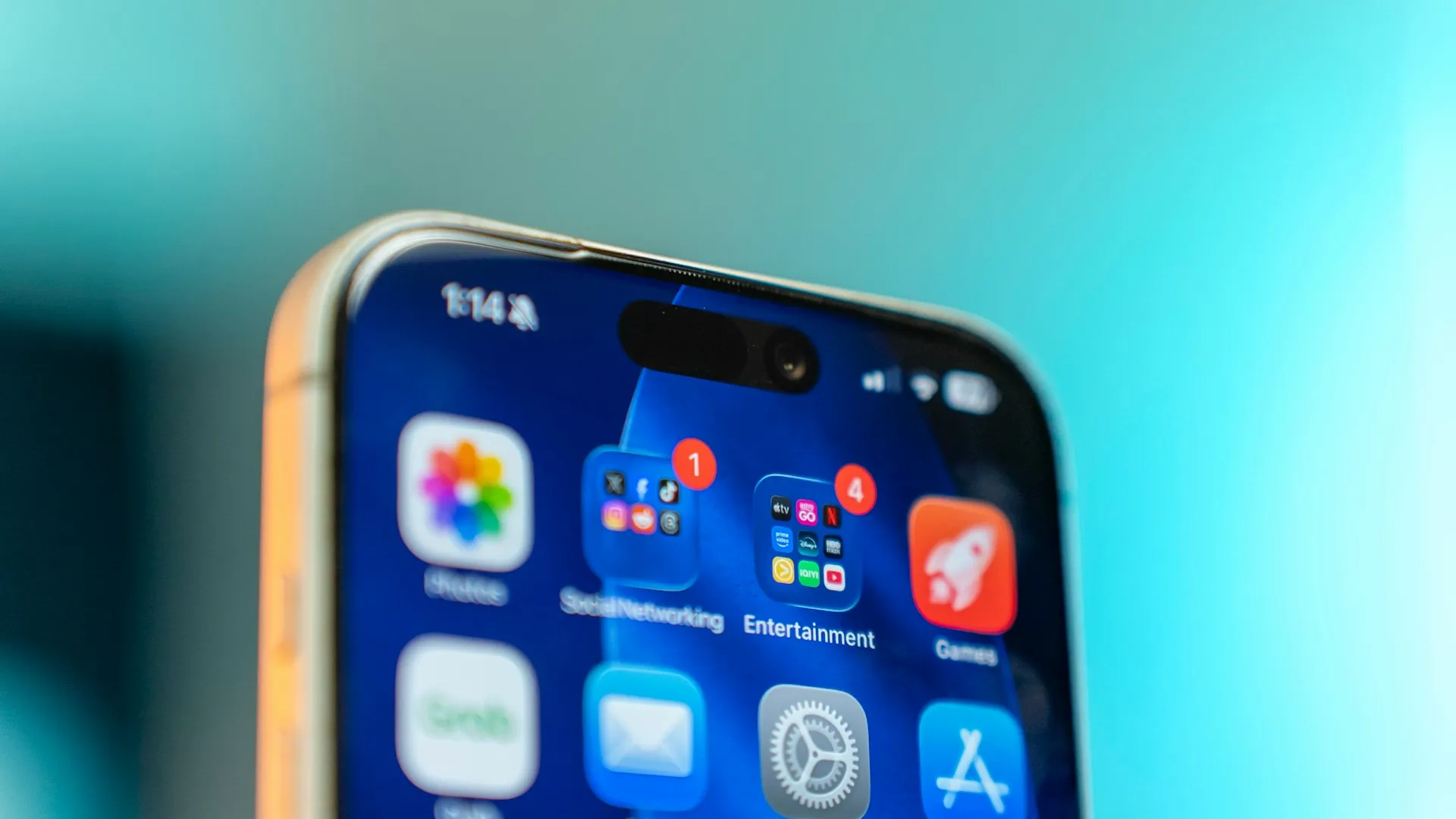
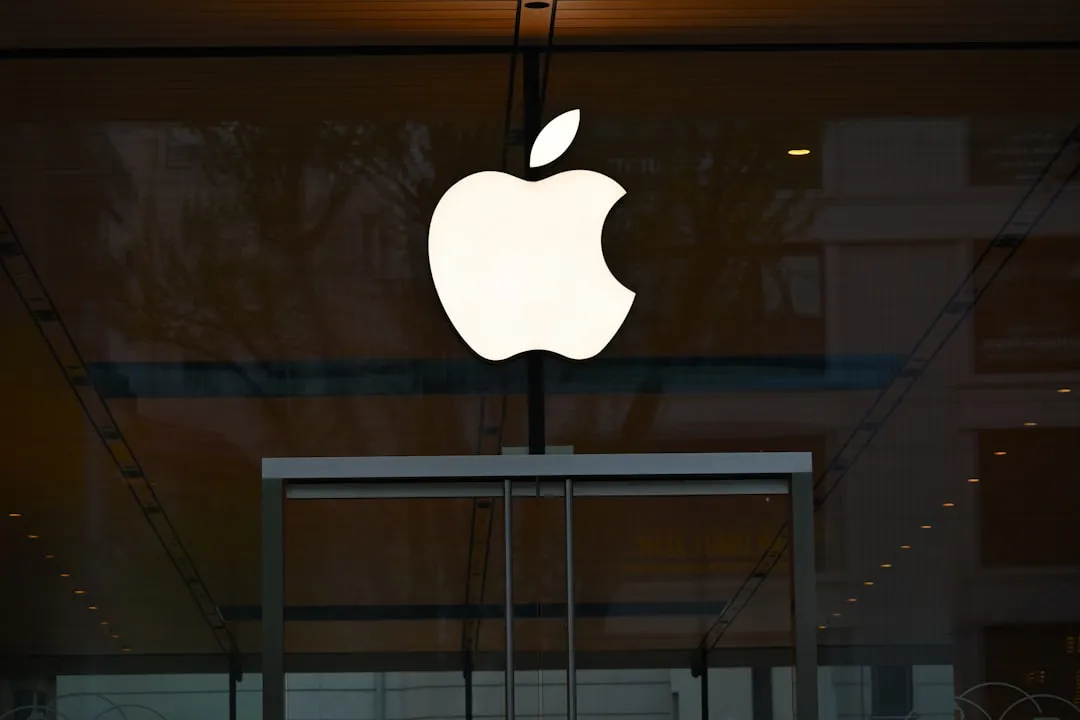

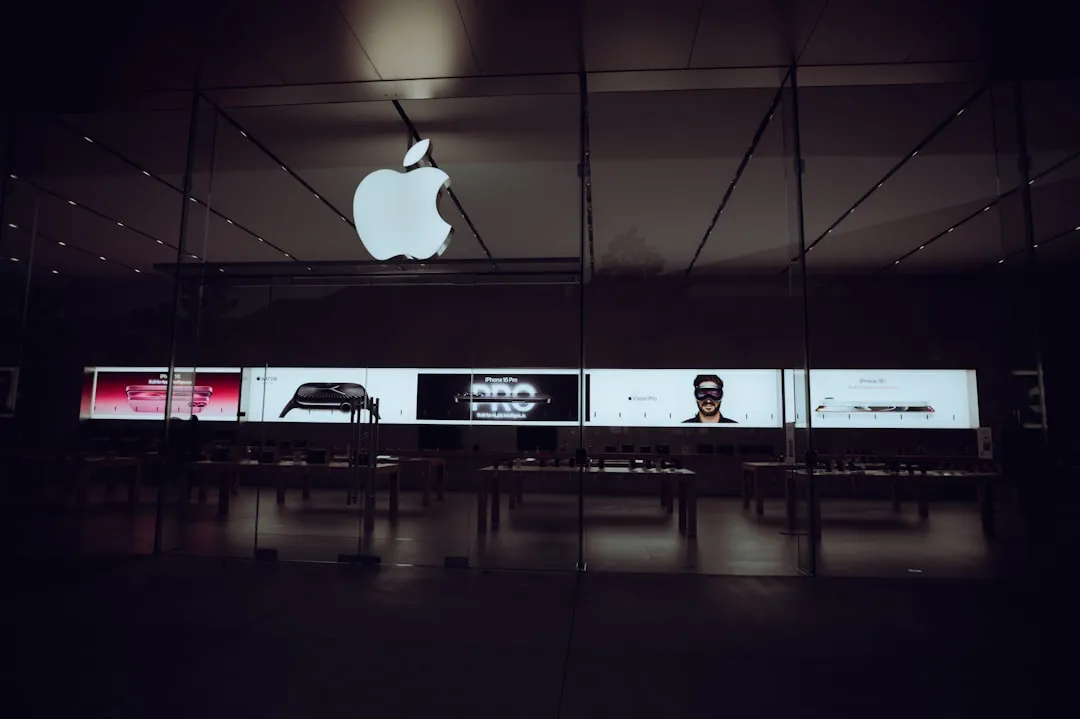
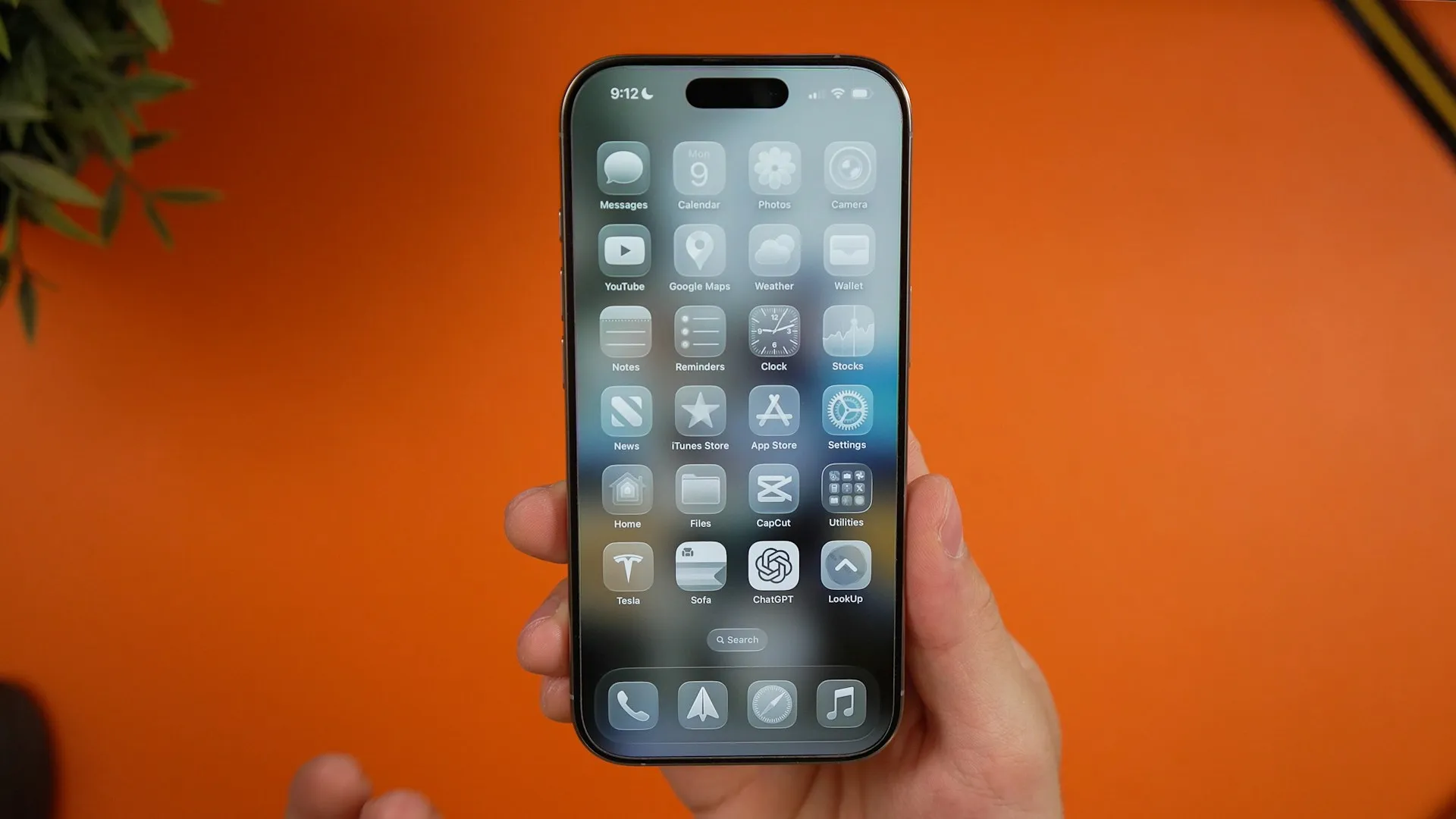

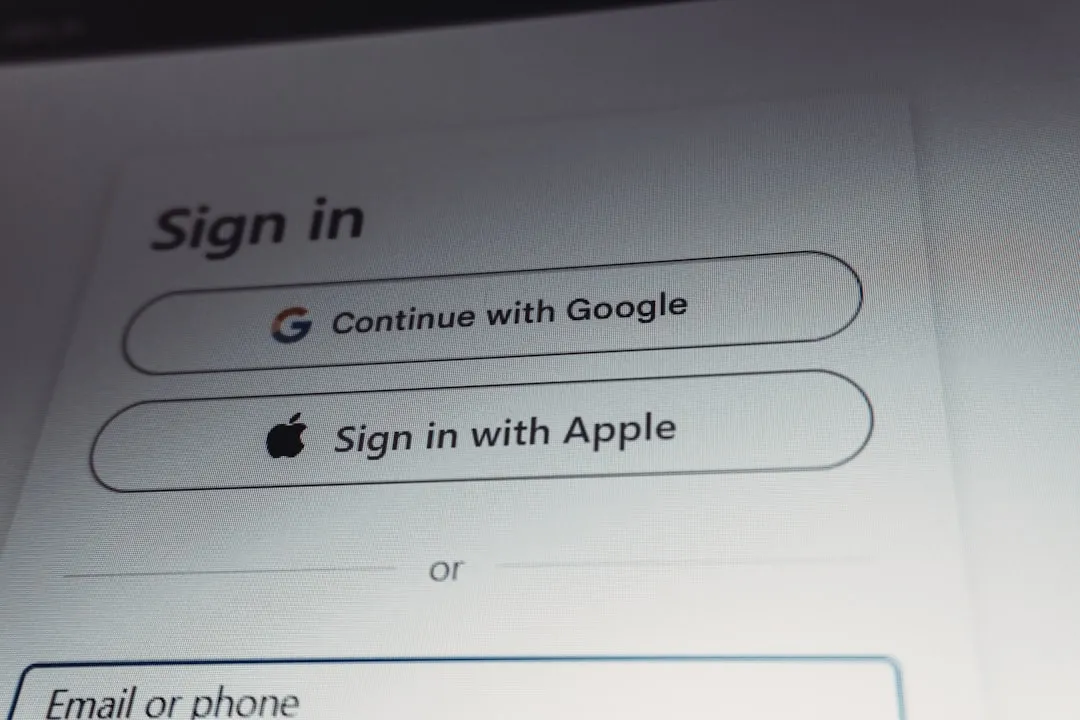

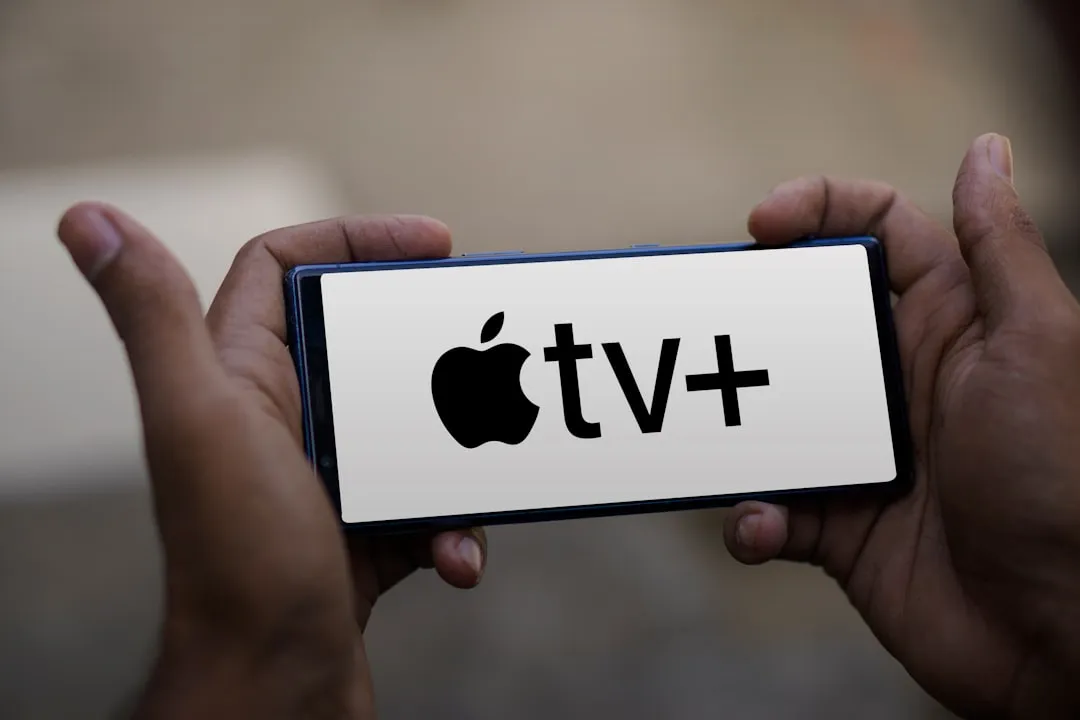

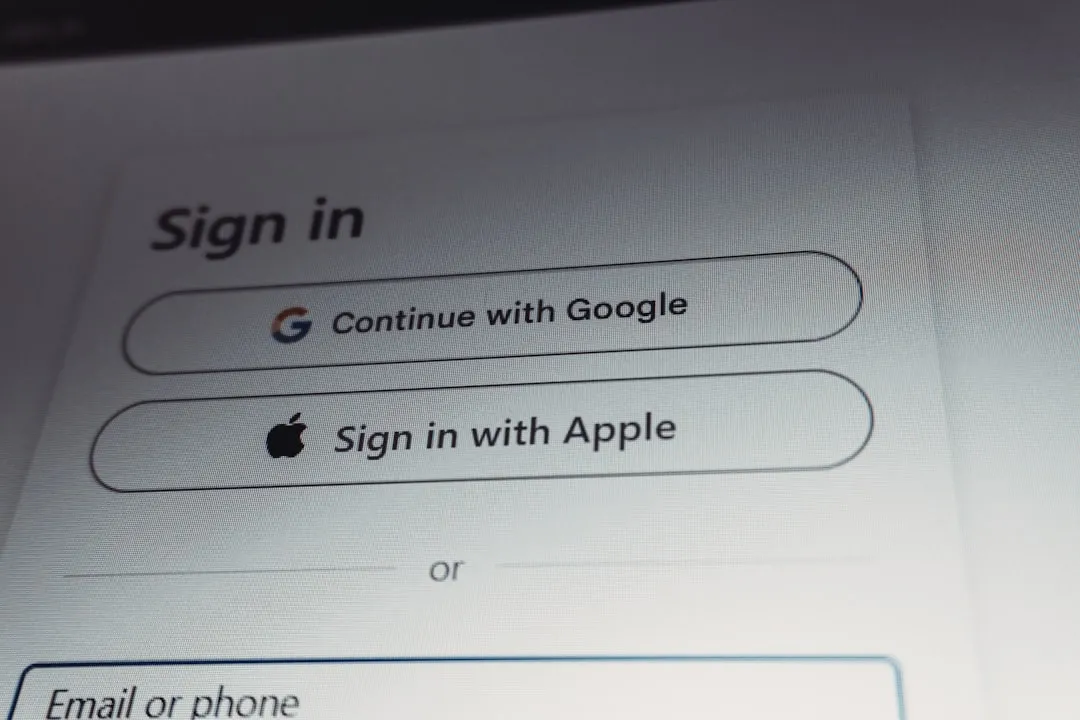



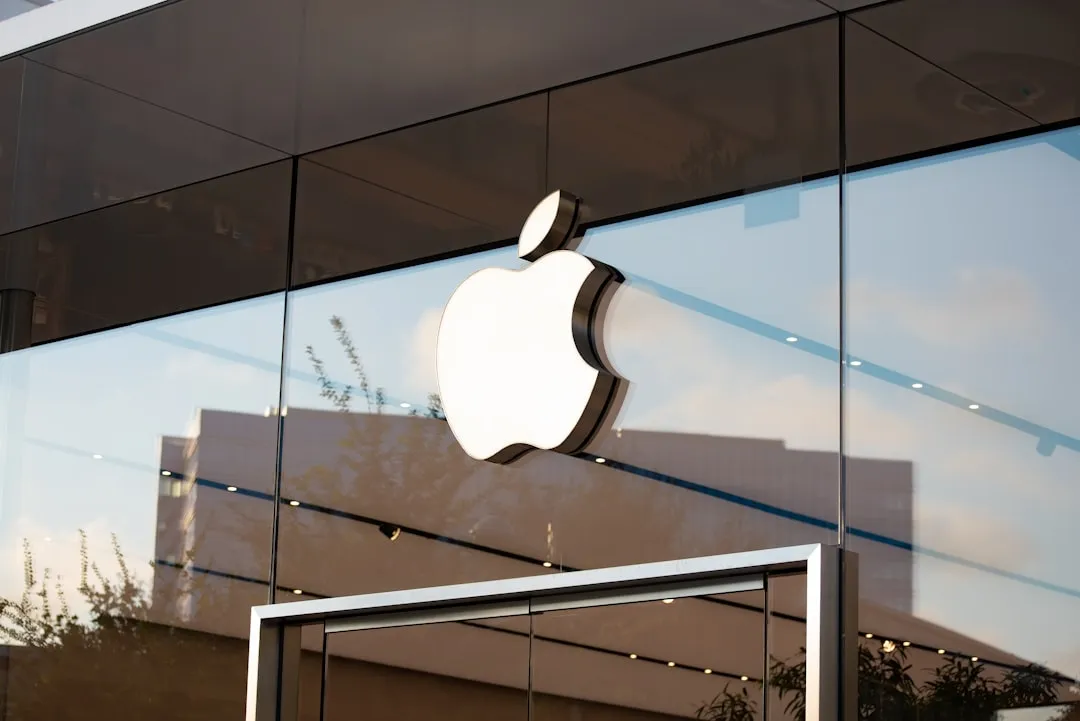

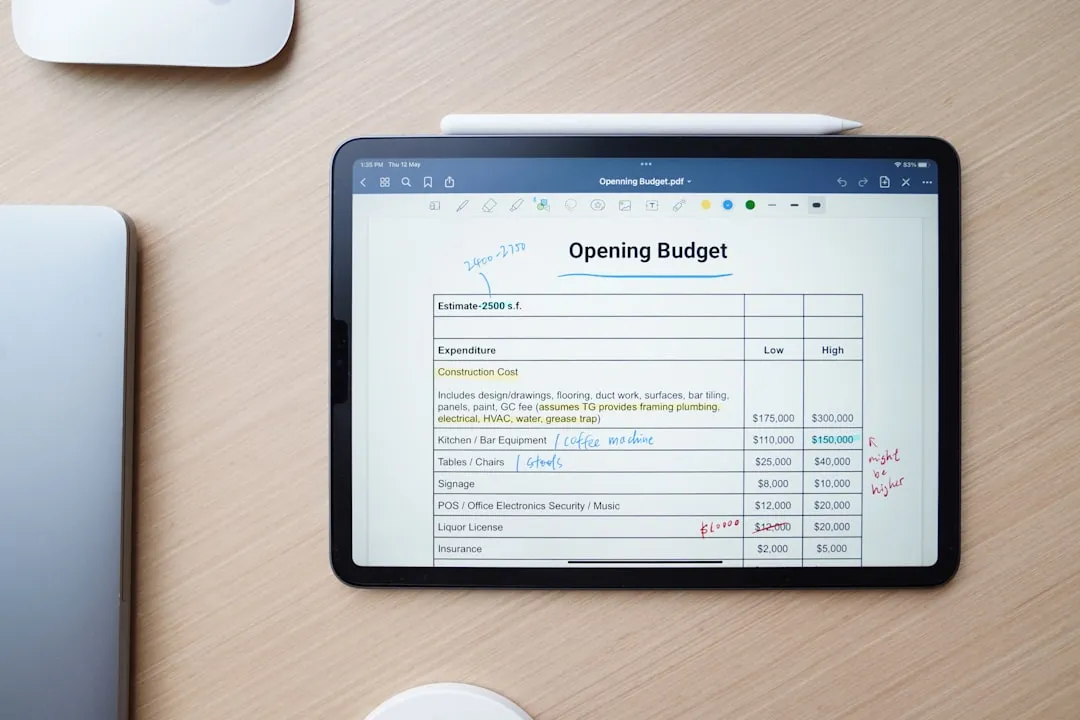

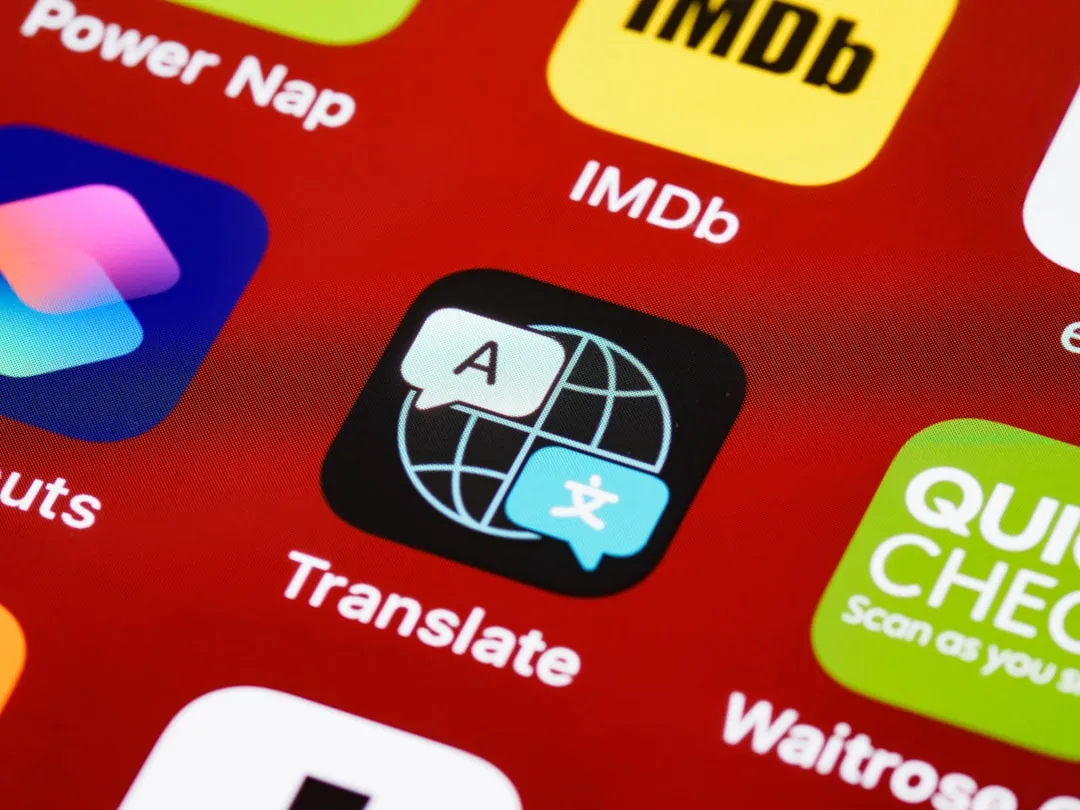

Comments
Be the first, drop a comment!